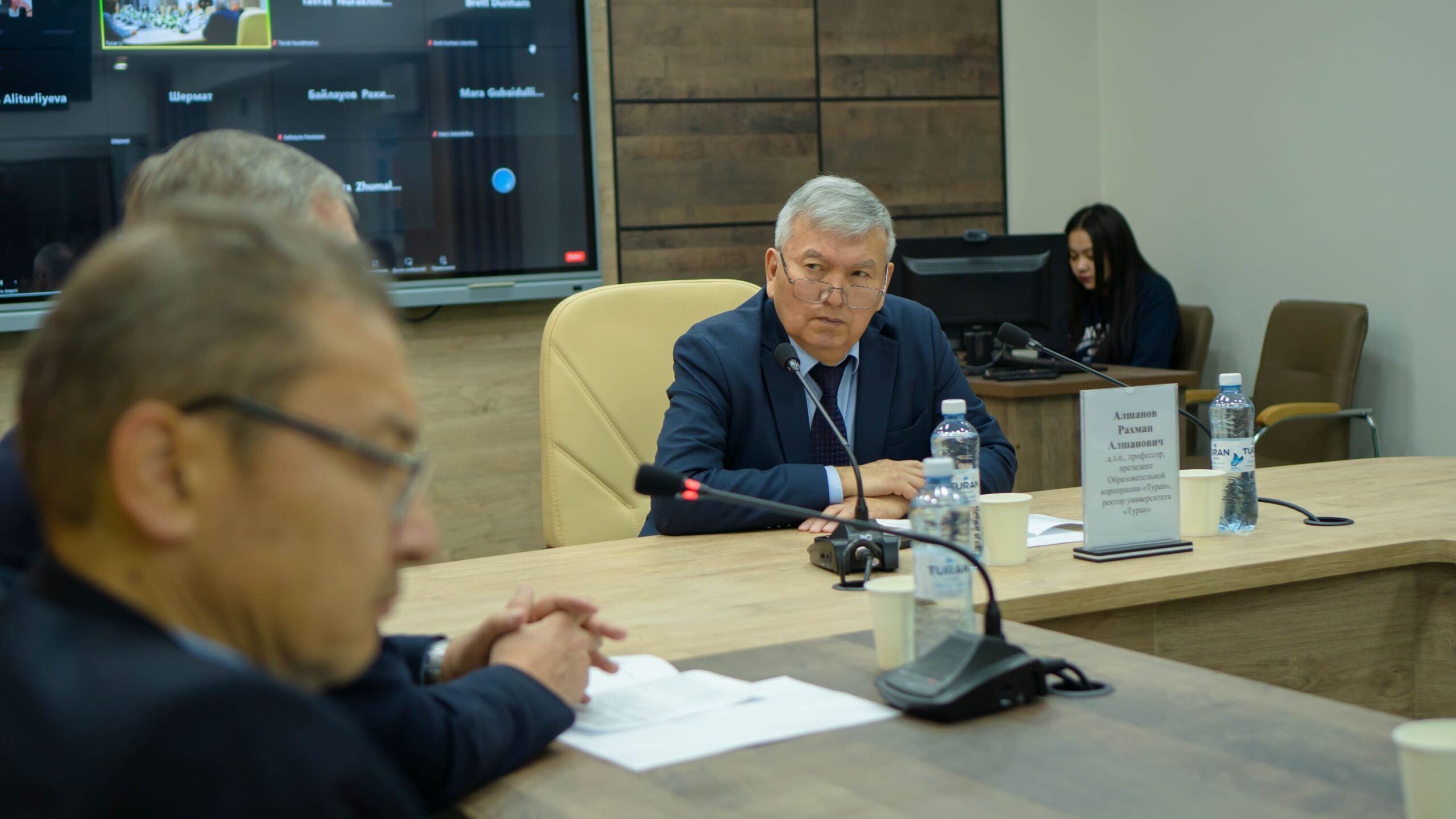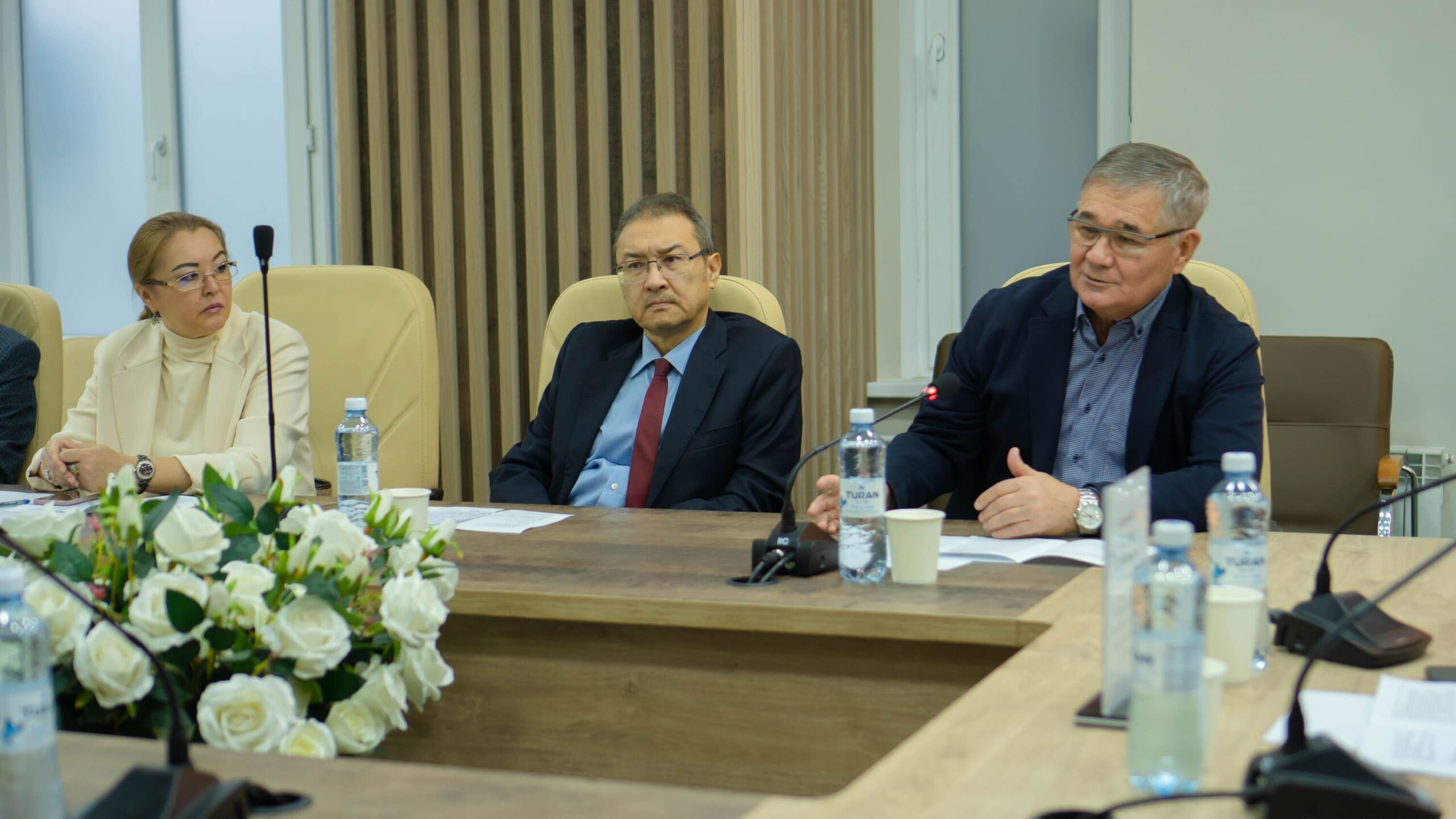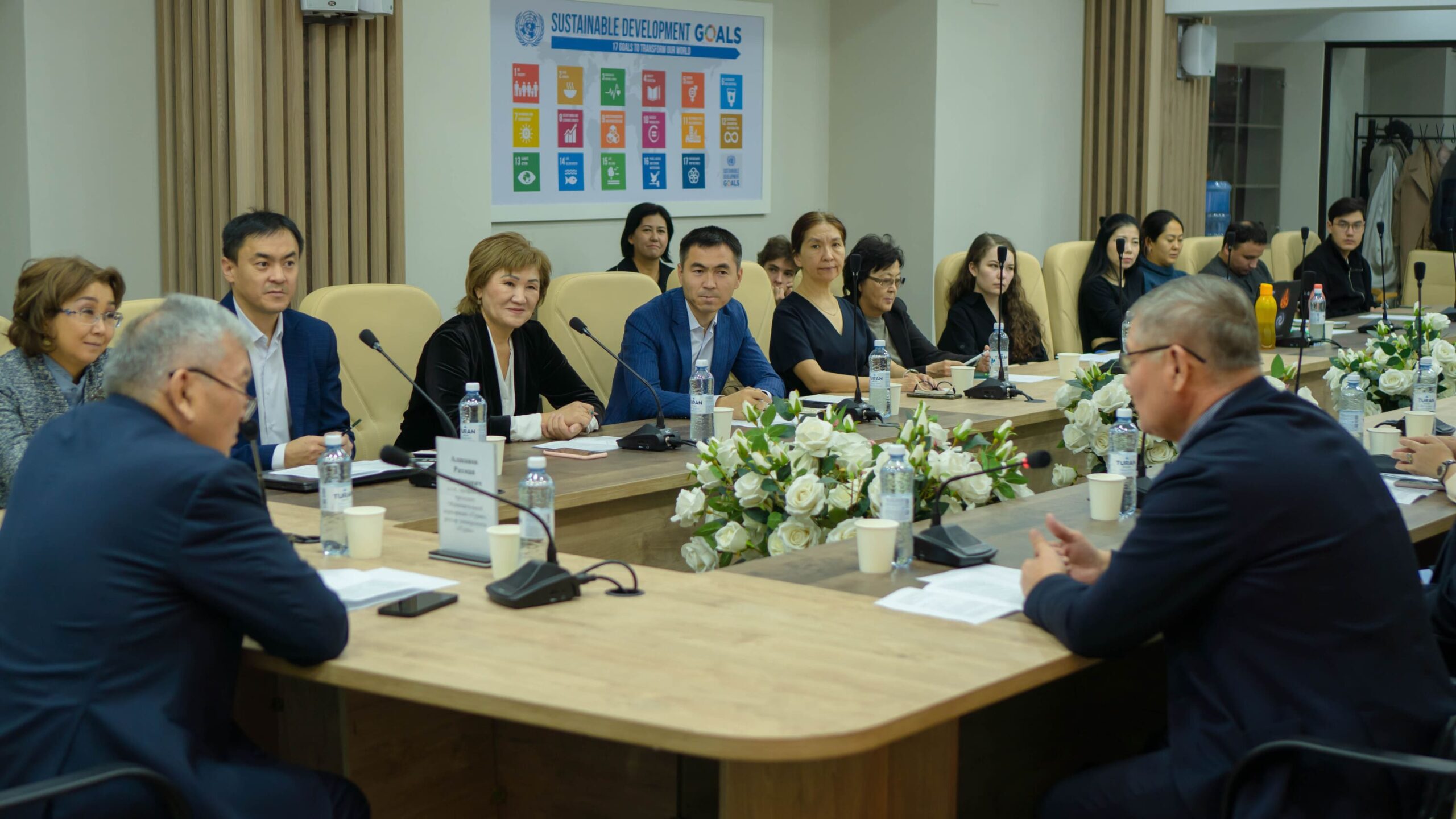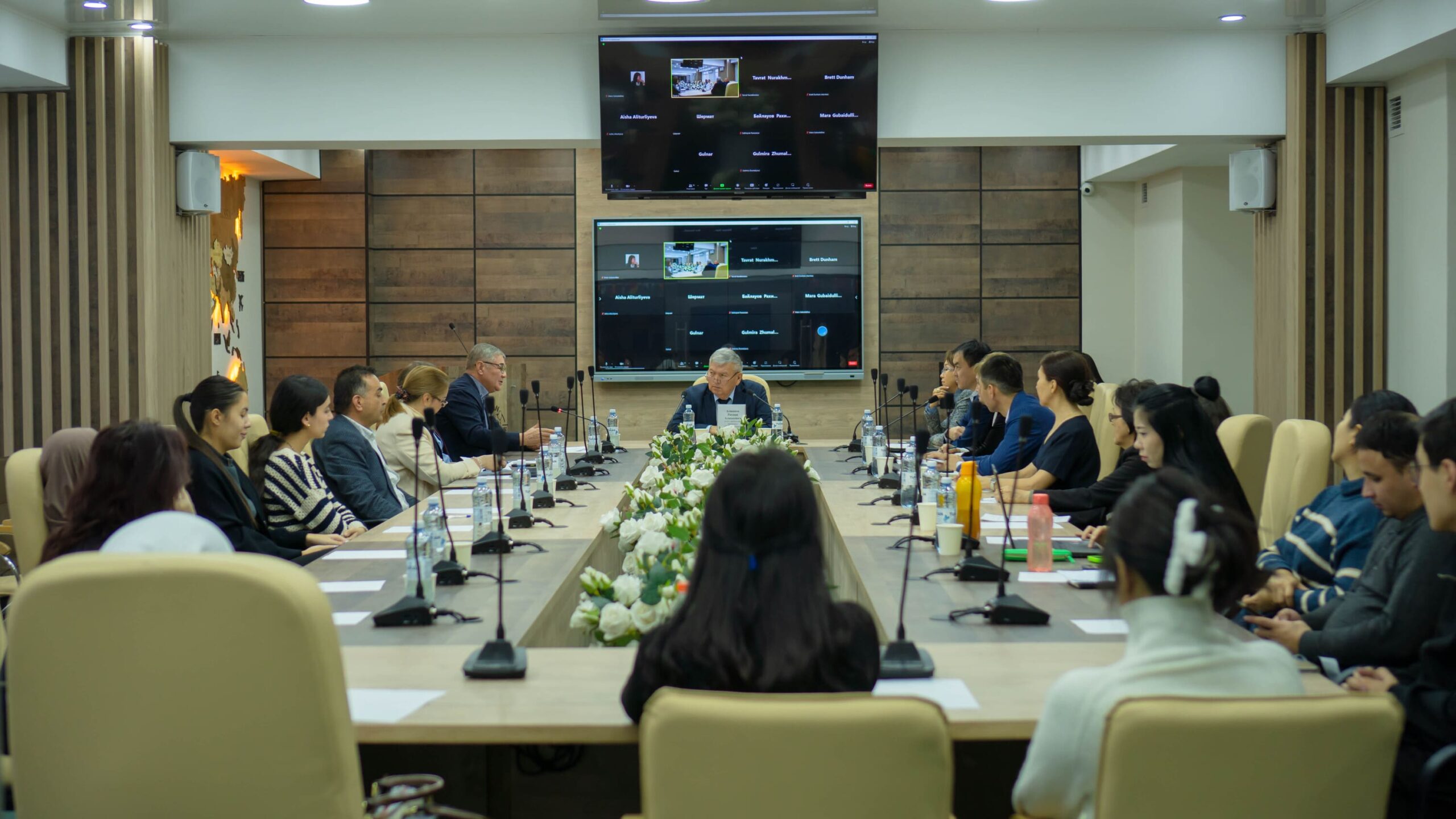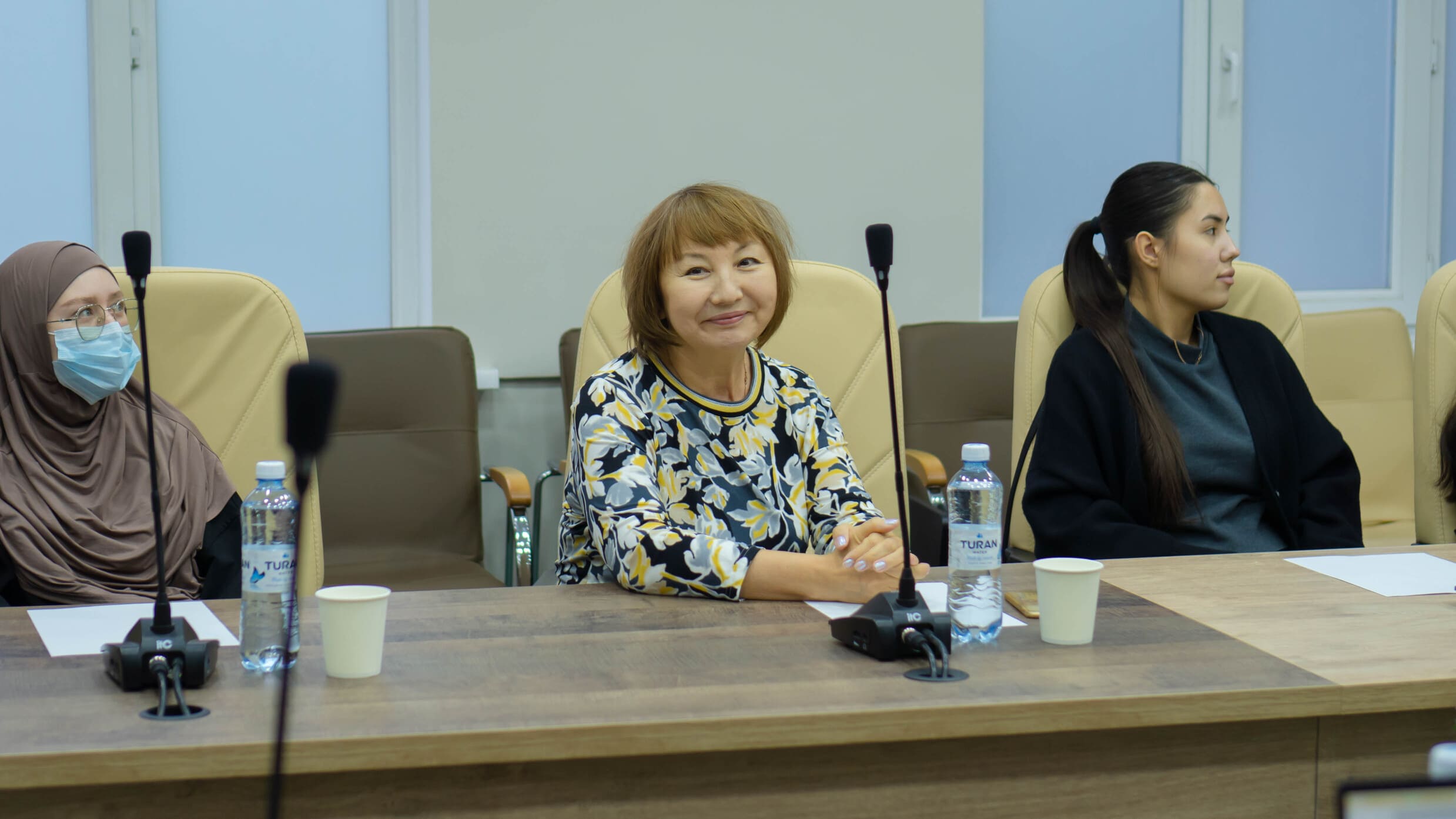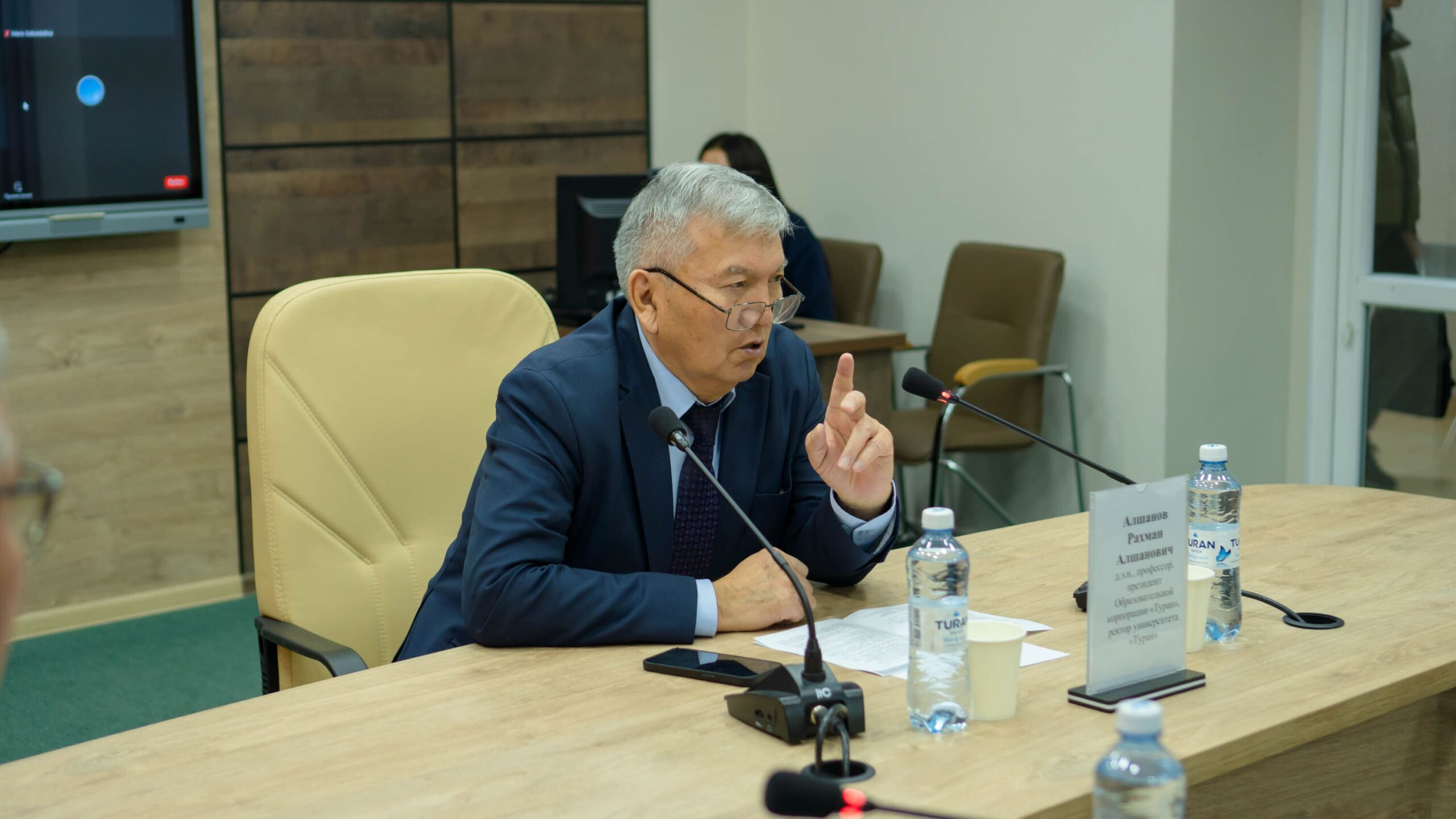Central Asia in the context of global geopolitical changes
On the initiative of ‘the Department of Regional studies and international relations’, the Kazakhstan Center for Humanitarian-Political Conjuncture, Volgograd State University, and the Center for Regional Studies, the international scientific-practical conference “Central Asia in the context of global geopolitical changes” was held at the Turan University on December 8, 2023.
The purpose of the conference was to discuss the impact of modern global geopolitical changes in the world on the situation in Central Asia, the associated threats and risks, as well as the further prospects for the development of the region.
The key events of the conference were the speeches of speakers who came from different parts of the world; the conference was in off line and online formats.
President of the Association of Universities of Kazakhstan, Rector of Turan university, d.ec.sc, professor Rakhman Alshanovich Alshanov; President of the Kazakhstan center for humanitarian and political conjuncture, d.pol.sc., professor Yesenzhol Kanievich Aliyarov; Vice-Rector for strategic development, science and innovation, c.ec.sc., Dina Ibragimovna Razakova; PhD, head of the “Department of regional studies and IR” of Turan University Zhenisbek Muratbekovich Tolen delivered a welcoming speech to the conference participants.
In addition to the faculty teachers of Turan University, the conference was attended by representatives of the University of California at Berkeley (USA), the Institute of China and contemporary Asia of the Russian academy of sciences, the Center for public diplomacy of Volgograd state university, the Center of “Energy geopolitics” of the Institute of advanced international studies of the Republic of Uzbekistan , Inha University of the Republic of Uzbekistan, KazNU named after al-Farabi, QYZPU, NJSC “West Kazakhstan Medical University named after Marat Ospanov”.
As a result of the conference, assessment of the opinions of the authors of publications, as well as during discussions of current geopolitical challenges in Central Asia, the following recommendations and scientific results were developed:
- It is necessary to change the current situation of insufficient study of processes and events in the Central Asian region, including all countries of the region. For these purposes, it is recommended to open a Center for Central Asian Studies at the University of Turan. The center should become a scientific base for uniting scientists, researchers of Central Asia and stimulate the scientific process of studying the region from inside and outside;
- Security and peace in the Central Asian region need to be strengthened through the integration of all countries. The most effective and efficient measures to strengthen integration are trade, free movement of people, capital based on mutual benefit and partnership.
- Globalization poses various threats to the stability and security of Central Asia, but the most serious danger is economic dependence and vulnerability to global economic crises. In these conditions, the countries of Central Asia must use market mechanisms of competition and rivalry not for confrontation or conflicts, but to increase the competitiveness of enterprises and companies in the region.
- Global warming, desertification, and water shortage are serious threats to the region. In these conditions, it is necessary to reconsider the traditional spheres of production and industry in all countries of the region to find the most suitable crops, livestock, and agro-industry in the context of climate change in the world and the region.
- Previous attempts to integrate the countries of the Central Asian region since 1991 have been ineffective and without results for many internal and external reasons. Since the new leaders of Kazakhstan, Uzbekistan and Kyrgyzstan came to power, it becomes possible to resume the integration of the countries of the region from within. However, for an effective process it is necessary to use the experience of integration in Europe and other regions of the world, which began not with politics, but with practical issues of trade in specific types of goods and joint production.
- Integration in Central Asia will be more effective if new unifying symbols, terms or processes are used. Some such symbolic examples would be the use of the term “Turkestan” or “Turkestanian” when describing the region and people of Central Asia.
The Department of Regional Studies and International Relations expresses gratitude to all participants of the conference and looks forward to future scientific cooperation!


